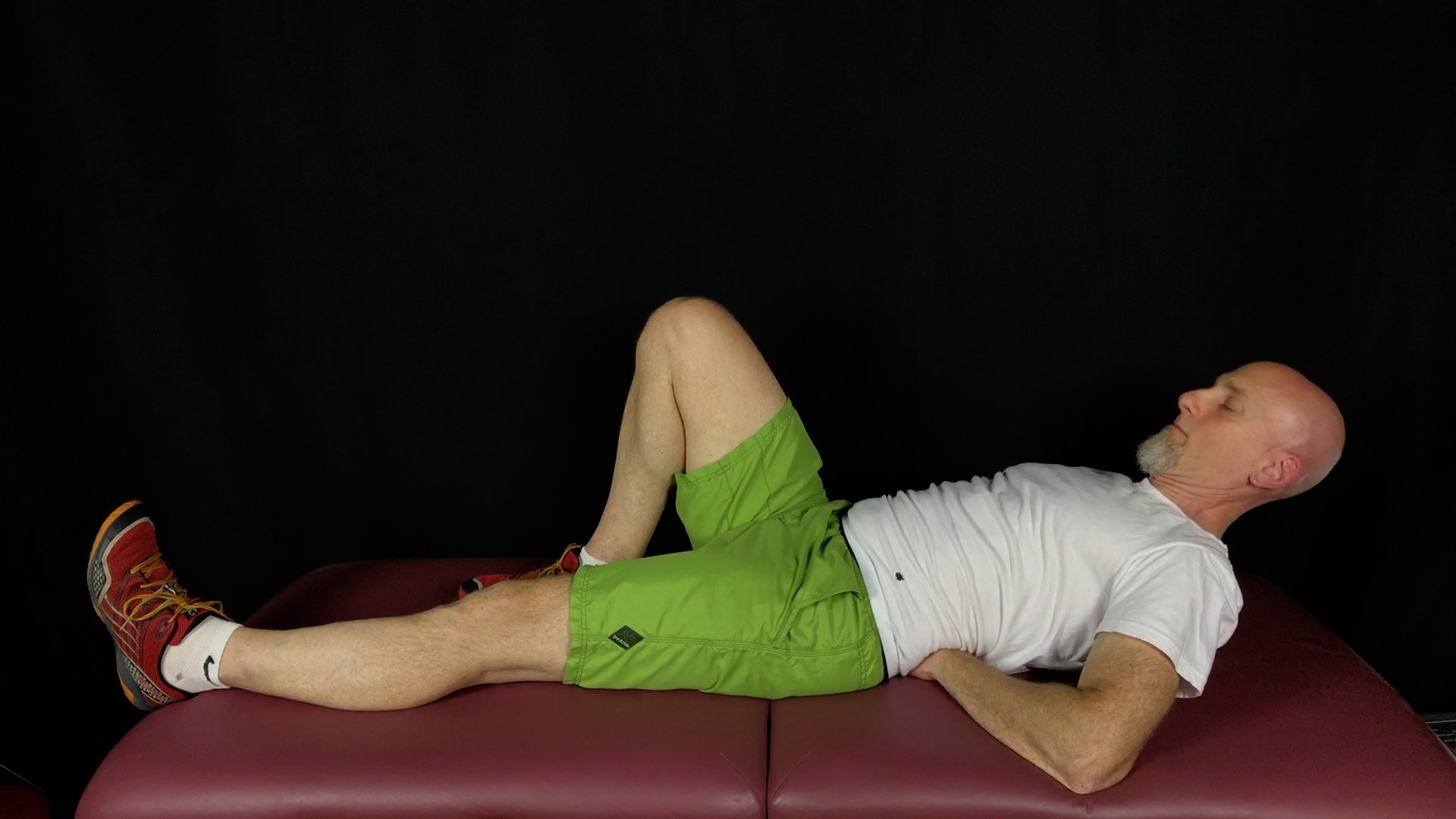Over the years I’ve heard countless patients say to me that they don’t even try to make lifestyle changes to help fend off chronic diseases like diabetes, stroke, and heart disease because those diseases are in their genes. Their parents had heart disease, their grandparents had heart disease, and they’re going to have heart disease. They take the pharmaceuticals, and hope for the best.
Scientists have theorized for years though that making healthy lifestyle changes can help you to overcome your genetic destiny and help you rewrite your own health story. Now there’s mounting evidence that this is indeed the case. .jpg)
YOU CAN CHANGE YOUR OWN GENETRIC EXPRESSOIN
While you certainly inherit genes that may predispose you to certain chronic diseases like heart disease, diabetes, cancer and stroke, research is showing that changes in your environment and lifestyle can turn on and off specific parts of those genes. While these on/off switches don’t change the underlying genetic sequence (genotype) they do change the way these genes express themselves (phenotype). The result is that positive changes in your lifestyle (good diet, regular exercise, stress management) may turn off your predisposition to a disease. The study of this phenomenon is known as epigenetics.
Conditions that have been linked to lifestyle related epigenetic changes include: obesity, inflammation (a potential cause of many chronic diseases), asthma, neurodegenerative diseases such as Alzheimer’s, certain cancers, addiction, diabetes, cardiovascular disease, and various mental health conditions such as depression.
Changes you make in your genetic expression through healthy lifestyle may be “remembered” through a phenomenon known as transgenerational inheritance . This means that you can potentially hand down the benefits of eating all of those kale salads and running all of those miles on the treadmill, to your children… and your children’s children.
Questions about your exercise program or your nutrition? Call to schedule an appointment for us to review your goals and strategies.
Warm Regards,
Dr. Russell Charno






